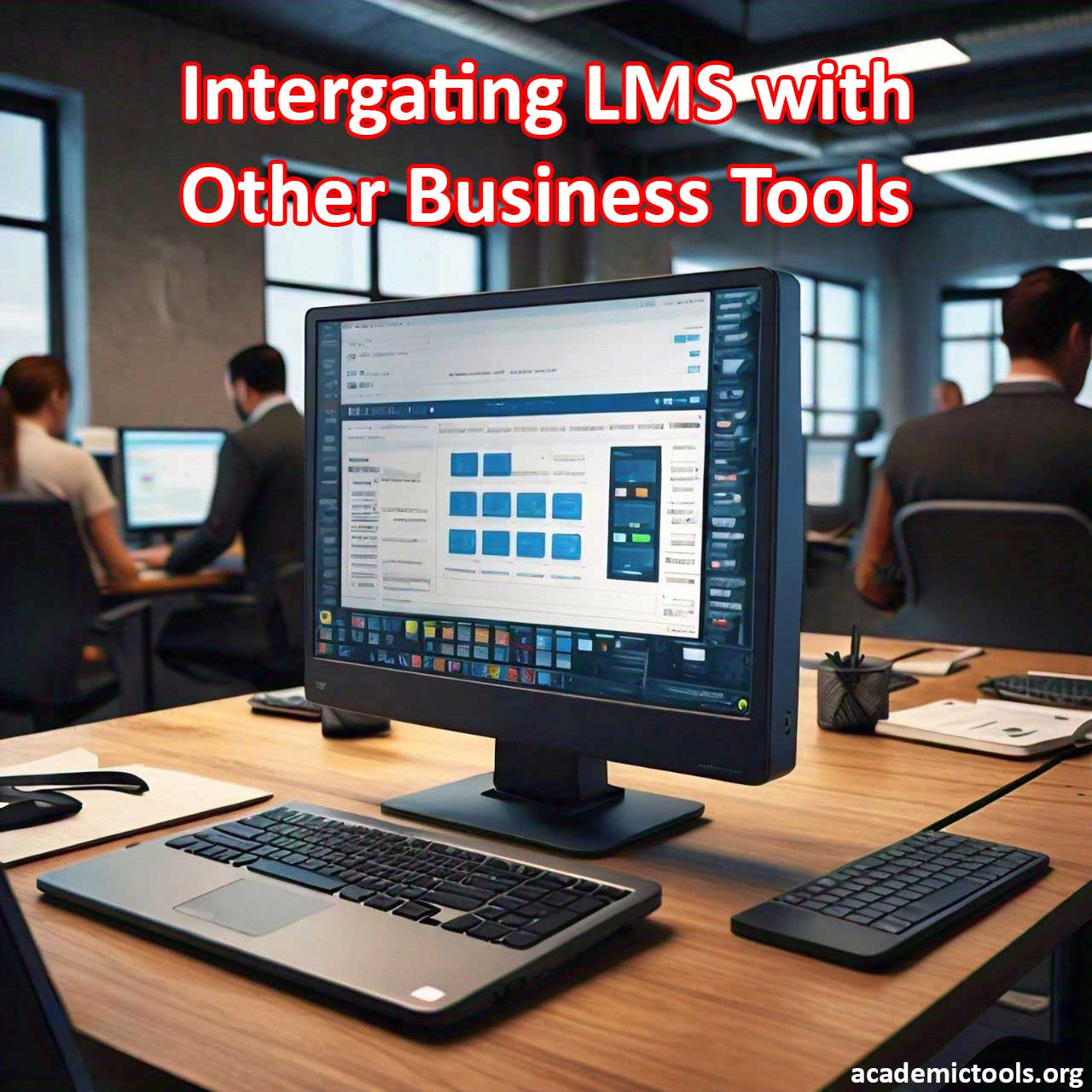Negotiation skills are essential in both personal and professional contexts, enabling individuals to effectively communicate, collaborate, and achieve mutually beneficial outcomes. Leveraging a Learning Management System (LMS) for negotiation skills training offers a structured and scalable approach to developing these critical skills. This blog post explores how LMS platforms can be utilized effectively for negotiation skills training, highlighting the benefits, key features, and practical strategies for implementation.
Table of Contents
Importance of Negotiation Skills Training
Effective negotiation skills contribute to:
Business Success: Negotiating favorable deals, contracts, and partnerships.
Career Advancement: Enhancing leadership abilities and decision-making.
Conflict Resolution: Resolving disputes and maintaining positive relationships.
Utilizing LMS for Negotiation Skills Training

1. Customized Curriculum Development
Identify Learning Objectives: Define specific negotiation skills and competencies learners should acquire.
Modular Course Design: Create modules focusing on different aspects of negotiation (e.g., preparation, communication, persuasion, conflict resolution).
Case Studies and Simulations: Develop realistic scenarios and case studies that challenge learners to apply negotiation principles in practical situations.
2. Interactive Learning Activities
Role-Playing Exercises: Implement an LMS for Negotiation Skills Training to facilitate immersive virtual role-playing exercises, where learners can practice and refine their negotiation tactics and strategies in a realistic and interactive environment.
Quizzes and Assessments: Incorporate quizzes and assessments to evaluate understanding of negotiation concepts and techniques.
Discussion Forums: Foster peer interaction and knowledge sharing through discussion forums where learners can analyze negotiation scenarios and share insights.
3. Multimedia Resources
Video Lectures and Tutorials: Provide video lectures and tutorials featuring negotiation experts demonstrating techniques and providing insights.
Podcasts and Interviews: Share podcasts and interviews with industry professionals discussing real-world negotiation challenges and best practices.
Infographics and Charts: Use visual aids such as infographics and charts to illustrate negotiation strategies, tactics, and frameworks.
4. Personalized Learning Paths
Adaptive Learning Features: Leverage an LMS for Negotiation Skills Training to personalize learning paths based on individual learners’ skill levels, experience, and learning preferences, ensuring a tailored and effective negotiation skills development experience.
Self-Paced Modules: Offer self-paced modules that allow learners to progress through content at their own speed, revisiting challenging topics as needed.
5. Real-Time Feedback and Assessment
Immediate Feedback: Provide instant feedback on negotiation simulations and exercises to guide learners’ improvement.
Peer and Instructor Feedback: Encourage peer-to-peer feedback and facilitate instructor feedback to enhance learning outcomes and refine negotiation techniques.
6. Performance Analytics and Reporting
Track Learner Progress: Monitor learner engagement and progress through LMS analytics and reporting tools.
Assessment Data: Analyze assessment data to identify strengths, areas for improvement, and trends in negotiation skills development.
Continuous Improvement: Use data insights to iteratively improve course content, instructional methods, and learning experiences.
Implementation Strategies
1. Needs Assessment
Identify Learner Needs: Conduct a needs assessment to understand learners’ current negotiation skills, goals, and areas for development.
Stakeholder Input: Gather input from stakeholders (e.g., managers, HR) to align training objectives with organizational goals and priorities.
2. Course Design and Development
Collaborative Content Creation: Collaborate with subject matter experts to create targeted content for your LMS for Negotiation Skills Training, focusing on key negotiation competencies and scenarios that are specifically relevant to your organization’s needs and goals.
Engaging Content Delivery: Use a variety of multimedia formats and interactive activities to maintain learner engagement and enhance retention.
3. Skill Application and Practice
Simulation Exercises: Design realistic negotiation simulations that replicate challenging scenarios learners may encounter in their roles.
Feedback Mechanisms: Implement structured feedback mechanisms to provide constructive feedback and encourage continuous skill development.
4. Integration with Professional Development
Certification and Recognition: Utilize an LMS for Negotiation Skills Training to offer certifications or badges upon completion of programs, recognizing learners’ achievements and encouraging continuous professional development in negotiation skills.
Integration with Performance Management: Align negotiation skills training with performance management processes to reinforce learning objectives and measure application in real-world situations.
Conclusion
Utilizing LMS for negotiation skills training offers a dynamic and cost-effective approach to developing critical competencies for successful communication, problem-solving, and relationship-building. By harnessing the power of LMS capabilities such as interactive learning activities, personalized learning paths, and performance analytics, organizations can equip learners with the skills and knowledge necessary to excel in negotiation scenarios. To learn more about how LMS can enhance negotiation skills training, explore this informative guide from Harvard Law School’s Program on Negotiation. By leveraging LMS-driven negotiation skills training, organizations can cultivate a skilled and confident workforce capable of navigating complex negotiations and achieving strategic objectives.



